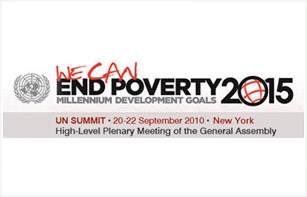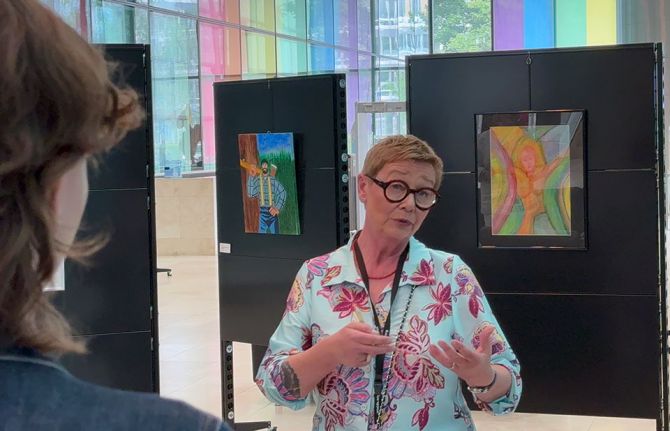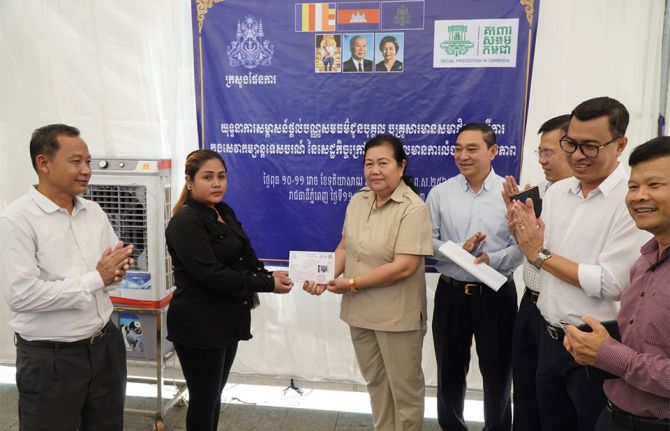
Feature Story
Addressing the special needs of the most vulnerable
21 September 2010
21 September 2010 21 September 2010
Addressing the special needs of the most vulnerable took centre stage at the 5th interactive round-table session organized in concurrence with the UN Summit held in New York, 20-22 September 2010.
According to the round-table participants, the most vulnerable countries and people are at risk of being left behind in achieving the Millennium Development Goals (MDG). They added that natural disasters, food and economic crises, poverty or armed conflict cause a disproportionate burden among the most vulnerable and are major challenges to achieving the Goals.
Participants emphasized the need for special assistance to help the most vulnerable countries achieve progress. And argued that addressing the special needs of vulnerable communities and people will help protect their basic human rights and ensure that they benefit from progress made in attaining the MDGs.
“Failure to reach vulnerable people is one of the greatest challenges we have in reducing new HIV infections” said UNAIDS Executive Director Michele Sidibé. “When the most vulnerable people are not able to access HIV services, it endangers the health and wellbeing of the entire community and it blocks progress toward every one of the MDGs,” he added.
While some countries have made notable progress towards meeting the MDGs, some gains have been undermined by the adverse impacts of natural disasters, climate change and the recent food, fuel and global economic and financial crises. Additional support from the international community was identified by the round-table as necessary to improve vulnerable countries’ ability to face such challenges.
Participants agreed that addressing the needs of vulnerable communities and people would involve: Strengthening national capacity to identify the most vulnerable in order to address their needs and protect their rights; establishing a social protection floor and increasing access to education and decent work; as well as implementing effective measures to combat all forms of discrimination and social exclusion.



